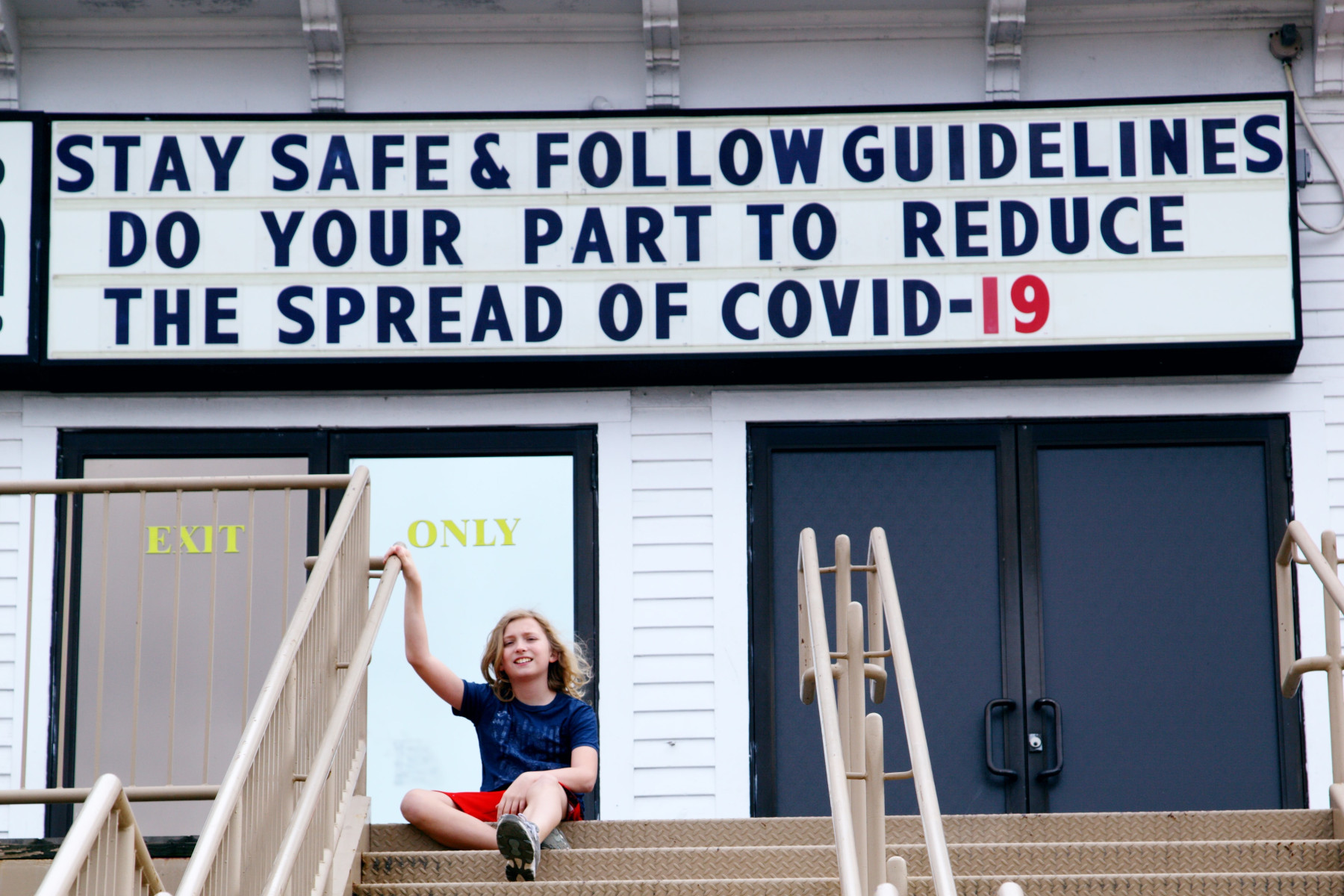Author and journalist Alex Berenson joined Chicago’s Morning Answer this week to discuss how key narratives surrounding COVID-19 and President Biden’s cognitive health are being quietly rewritten—and what it reveals about the media, the political establishment, and the shifting views of a younger generation of Americans.
Berenson, best known for his controversial book Pandemia and his popular Substack Unreported Truths, criticized the current wave of retrospective spin from Democratic Party insiders and media figures, who are now admitting concern over Biden’s fitness in the final months of 2024 while simultaneously claiming they never personally witnessed any decline. Berenson called these efforts “grudge settling” and “positioning for 2028,” describing a coordinated attempt to rewrite history in service of political self-preservation.
“You’re seeing Democrats come out with carefully worded statements saying they were concerned ‘at the time,’ while others in the media act like they were blindsided. But the truth was plain as day for years. They just chose not to say it,” he told hosts Dan Proft and Amy Jacobson.
Berenson drew a parallel between this selective memory on Biden’s decline and the media’s continued resistance to fully reassessing its COVID-19 coverage. He noted that while the consensus is shifting to acknowledge school closures were damaging, many outlets and pundits are still clinging to the narrative that mask mandates and lockdowns were effective and popular, even if polling and hindsight suggest otherwise.
“There’s this strange effort to rehabilitate people like Fauci, claiming he wanted schools open all along. That doesn’t match the timeline or the actual consequences,” Berenson said, referencing recent attempts by prominent voices on the left to claim early support for reopening schools.
He also noted that early polls showing support for COVID mandates—like a 2022 poll that found a majority supported mask requirements on planes—were the product of two years of media-driven fear and social pressure. “Of course people supported masks in 2022. They’d been subjected to nonstop propaganda and shaming. That’s not the same as informed consent,” he argued.
Berenson pointed to one major consequence of the COVID response that many in the press seem reluctant to address: the political shift among younger Americans. According to recent data, voters aged 18–25 are now more conservative than any recent generation at that age—a change Berenson attributes in part to their experience during the pandemic.
“They had normal school taken away. They were forced to wear masks, take vaccines they didn’t want, and told they were selfish for questioning any of it,” he said. “They’re not going to forget that.”
In addition to COVID narratives, Berenson also took aim at a New York Times investigation into a deadly crash involving a Blackhawk helicopter and a passenger jet at Reagan National Airport. The Times’ piece, though long and well-researched, buried the most crucial detail—namely, that the Blackhawk pilot, a woman with limited flight experience and a background as a White House sexual harassment advocate, had flown too high and ignored warnings before the collision.
Berenson accused the Times of “submerging the real story,” questioning whether gender and politics influenced how the incident was framed. “If it had been a male pilot, would the same restraint have been used in assigning responsibility?” he asked.
The story gained significant traction after Berenson’s Substack post and subsequent tweet reached over 8 million views, a sign he says reflects the growing power of independent media to challenge narratives shaped by traditional news outlets.
While Berenson has long been a polarizing figure, his appearance on Chicago’s Morning Answer underscores a broader frustration with how institutions—from media to public health to government—handle accountability. Whether discussing political spin or editorial framing, he maintains that the most powerful stories are often those just below the surface—waiting to be uncovered, even years later.





